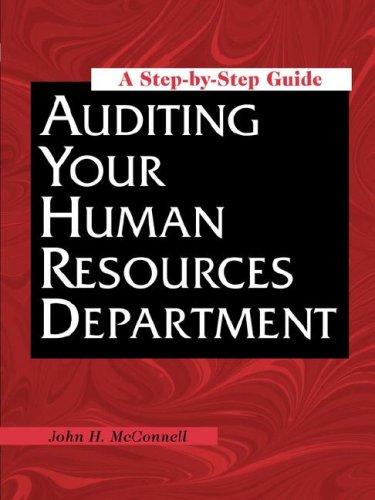Question
Lauren owns a condominium. In each of the following alternative situations, determine whether the condominium should be treated as a residence or a nonresidence for
Lauren owns a condominium. In each of the following alternative situations, determine whether the condominium should be treated as a residence or a nonresidence for tax purposes.
d. Lauren lives in the condo for 22 days and rents it out for 302 days.
Residence
Nonresident
Alexa owns a condominium near Cocoa Beach in Florida. This year, she incurs the following expenses in connection with her condo:
| Insurance | $ | 4,400 |
| Mortgage interest | 7,250 | |
| Property taxes | 4,100 | |
| Repairs & maintenance | 700 | |
| Utilities | 4,700 | |
| Depreciation | 16,800 | |
During the year, Alexa rented out the condo for 130 days. Alexas AGI from all sources other than the rental property is $200,000. Unless otherwise specified, Alexa has no sources of passive income. Assume that in addition to renting the condo for 130 days, Alexa uses the condo for eight days of personal use. Also, assume that Alexa receives $50,250 of gross rental receipts and her itemized deductions exceed the standard deduction before considering expenses associated with the condo. Answer the following questions: (Do not round intermediate calculations. Round your final answers to the nearest whole dollar amount.)
Note that the home is considered to be a nonresidence with a rental use.
c. Would Alexa be better or worse off after taxes in the current year if she uses the Tax Court method of allocating expenses?
-
Better off
-
Worse off
Step by Step Solution
There are 3 Steps involved in it
Step: 1

Get Instant Access to Expert-Tailored Solutions
See step-by-step solutions with expert insights and AI powered tools for academic success
Step: 2

Step: 3

Ace Your Homework with AI
Get the answers you need in no time with our AI-driven, step-by-step assistance
Get Started


